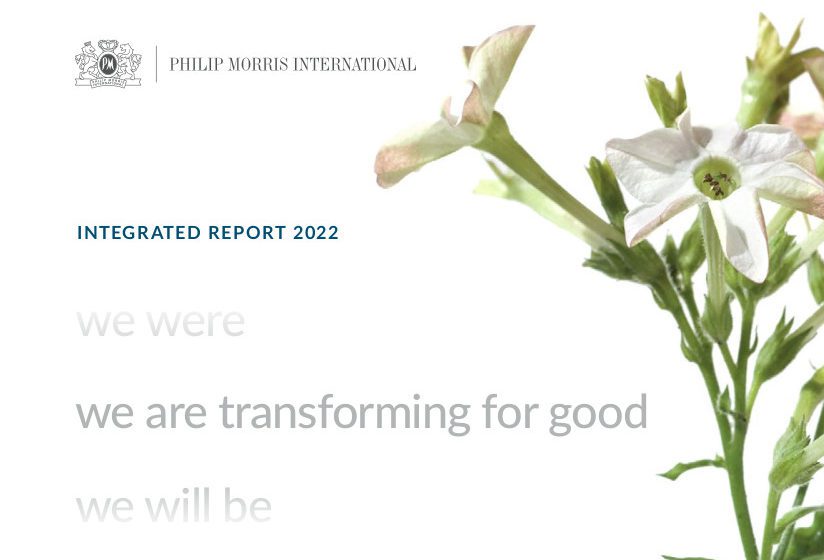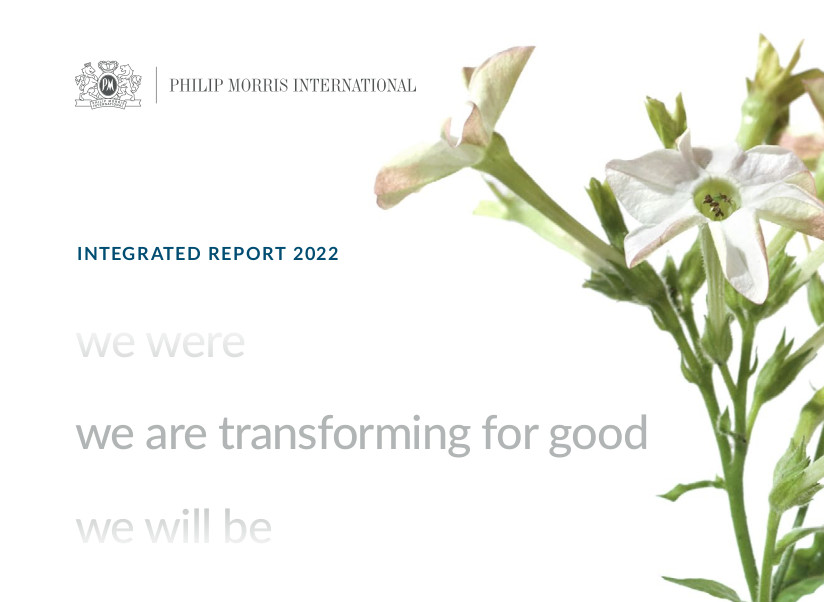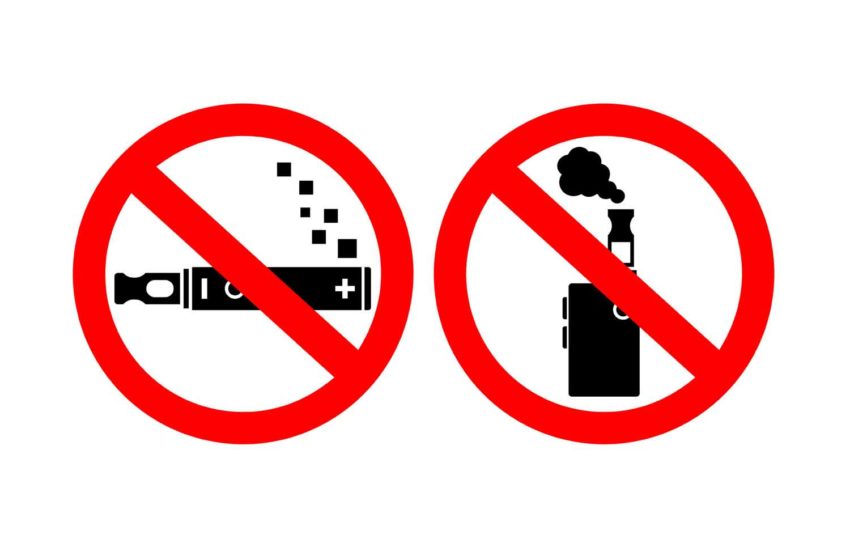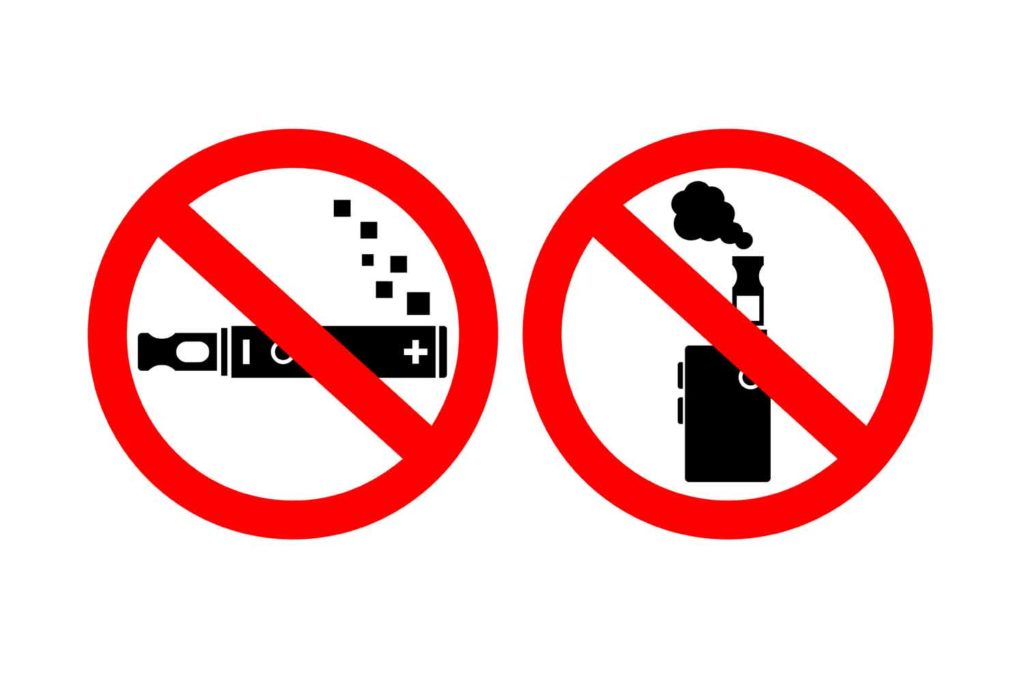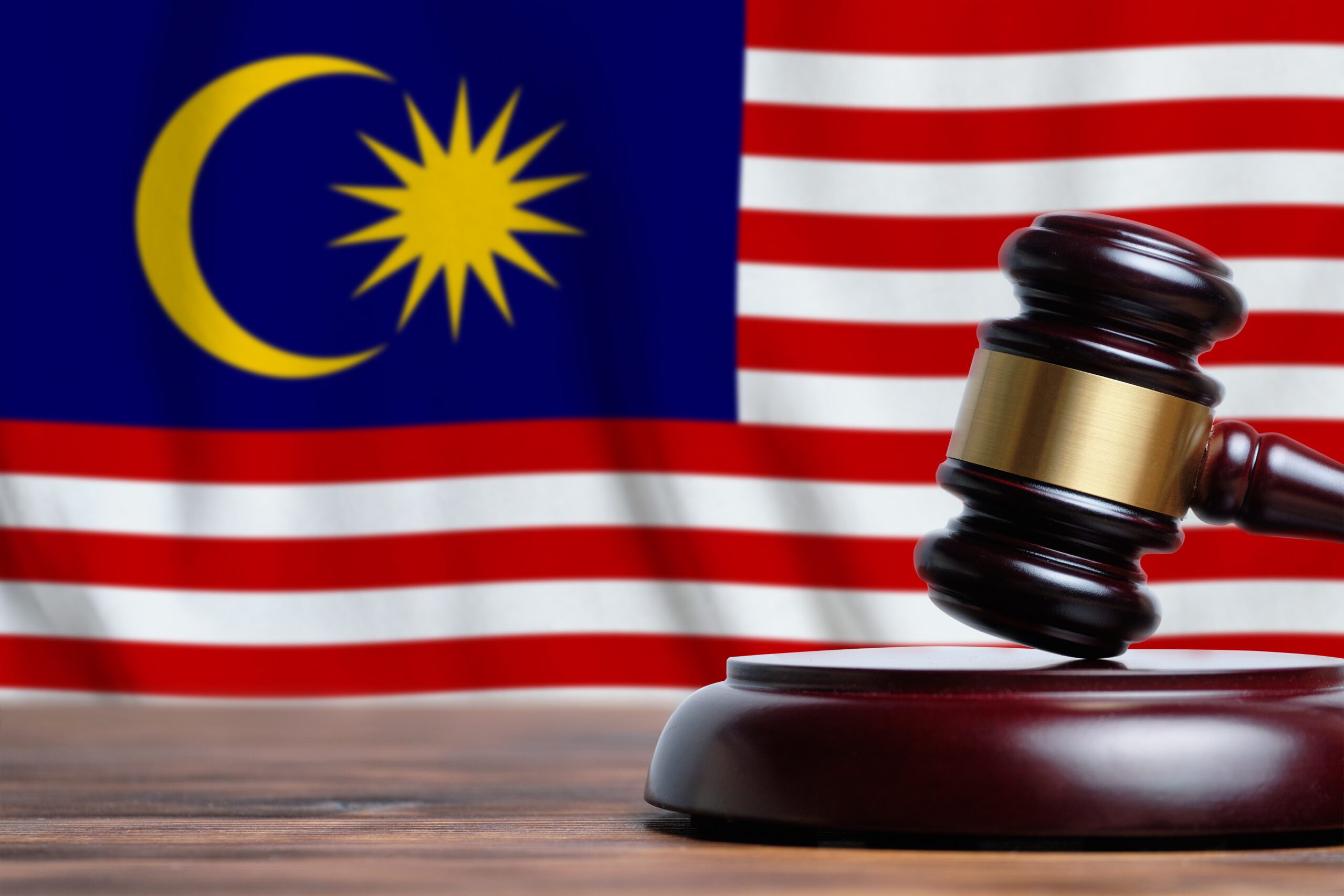
22nd Century Group announced a new three-year exclusive license and distribution agreement with Cookies, a global hemp/cannabis company. The brand was founded in 2010 by CEO, rapper and entrepreneur Berner and Bay Area breeder and cultivator Jai.
“This transformational strategic license, manufacturing and distribution agreement with Cookies establishes the foundation of an innovative new CDMO plus distribution business model for 22nd Century at a time when mass market channels urgently need to find new, high-margin, high-velocity products to meet the rapidly growing consumer demand for CBD products,” said James A. Mish, CEO of 22nd Century. “Our complete, vertically integrated capabilities represent the first and only industry option providing Cookies’ category-leading CBD brand with a single-source, national solution across its entire family of products.”
“We are incredibly excited to expand our partnership beyond GVB with the 22nd Century Group. They have undoubtedly put together one of the most impressive teams in the space, and we look forward to expanding the national distribution of Cookies non-THC products together,” said Parker Berling, president of Cookies.
The exclusive license with 22nd Century covers all Cookies branded non-Delta-9 THC, hemp-derived cannabinoid consumer packaged goods, including sourcing of all ingredients and APIs; white-label manufacturing of vapes and other CBD products; and category management through retail distribution.
GVB Biopharma, a 22nd Century company, has manufactured various Cookies products for the past three years and under this new agreement will manufacture Cookies’ market-leading products, expected to account for more than half of Cookies’ non-Delta-9 cannabinoid sales.
The integrated go-to-market sales and distribution components of the agreement will leverage 22nd Century’s veteran consumer packaged goods sales team, which plans to distribute Cookies products in up to 18 markets targeted for the rollout of the company’s innovative VLN products during 2023.
The CPG sales team will target a market of approximately 60,000 retail stores consisting of independent retail, discount tobacco outlets and vape shops in nonrecreational states serviced by its network of top regional distributors and chain discount tobacco outlets. Products will also be available on the Cookies e-commerce website.
“Cookies products are a natural fit to the same points of sale as our FDA [U.S. Food and Drug Administration] MRTP [modified-risk tobacco product]-authorized VLN products. The combination of these two offerings will enhance our sales team’s product portfolio with a larger suite of small-footprint, high-velocity, high-margin CBD products, with Cookies’ internationally recognized products serving as a cornerstone brand as we build out this innovative hemp/cannabis CDMO+D platform,” said John Miller, president of tobacco products at 22nd Century.


